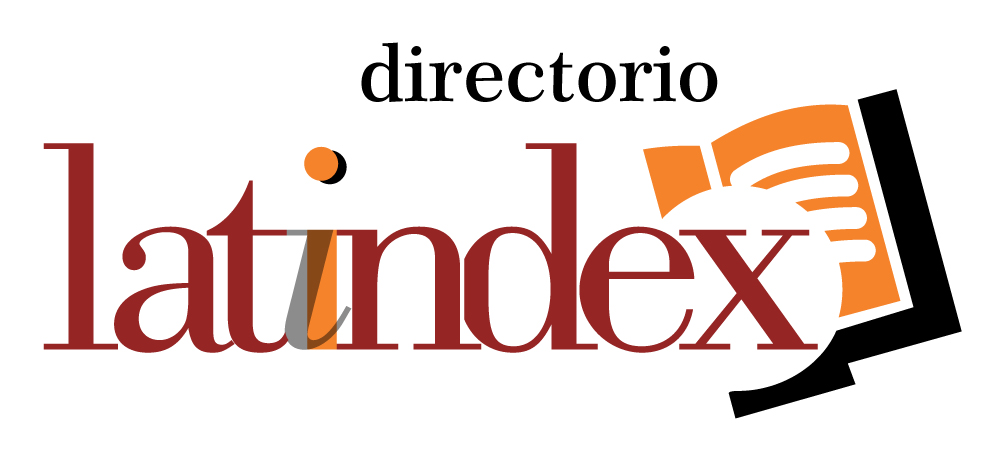Vol. 7 No. 1 (2016)

Why to write and publish philosophical texts? Are such activities enough to consolidate a career in philosophy? Only, and only, they demonstrate aptitude for philosophical reflection, a type of attitude that does not assume the given as given, but on the contrary, questions about it? In a scenario where the very research in philosophy and its teaching are threatened, it seems important to us to ask these questions. It is even difficult to sit on the side of here, writing, for example, this editorial, while so much goes out there, in schools, universities, in Congress, in the streets. Writing is an instrument by means of which we systematize our studies, reveal where we have arrived, showing ourselves in the letter. But our anxieties, our researches, our numerous readings are all just kept under the aegis of the written word, resting on paper? Are they not transfigured into experiences, perhaps in fluid experiences in the bureaucratic daily routine of academic life? Certainly, for the consolidation of a career in philosophy, in Brazil, it is an important condition only to fill the Curriculum Lattes with publications. However, Inquietude did not arise to satisfy this kind of craving. Rather, assuming that for writing philosophical texts it is not necessary having an erudite curriculum and that, despite the bureaucracies branching out throughout academy, plastering it, there must be space for living thought, capable of thinking itself, with tenacity and commitment, Inquietude emerged and remains number after number publishing philosophical texts carefully selected for their quality and only.
In this issue we bring as cover the image of one of the graffiti in the so-called "Arcos do Jânio" that caused controversy in the city of São Paulo. Perhaps nothing more appropriate than a "voice" that comes from the streets to express what we live daily. Because, unfortunately, it is still possible to find in our cities victims of a forbidden controversy, in a democracy with aptitude for intolerance, in which either one obeys or gets muzzled.
Our first text, The cartography of evil in the thought of Hannah Arendt, by Flavia Stringari Machado, is not far from this kind of spirit of an era. In it, noting Hannah Arendt recognized in the concentration camps of the Second World War a rupture with tradition, it is proposed to investigate the problem of evil through a cartography of this concept in her work, once it is recognized there is no theory of evil in the body of her thought. Thus, the concepts of radical evil and banal evil are analyzed and related in order to delimit whether they are concepts that exclude or not. The second text of this issue, Political philosophy for Leo Strauss, by Elvis de Oliveira Mendes, is a reflection in which, first, we seek a definition about what is philosophy, to then dwell on a strict sense of what is political philosophy, thus configuring a self-referential approach, that is, [political] philosophy thinking of itself.
From the notion that at the basis of political life is the conflict between desires that mobilize men, in Machiavelli, in the work Discourses on the first decade of Titus Livius, the third article published here, Political conflicts and republican greatness according to a Machiavelli's approach to the Roman republic, by João Aparecido Gonçalves Pereira, investigates the paradoxical relation between dissension of moods, conflicts, freedom and territorial expansion as something useful for a Republic. In the fourth article, Courage of truth and cynicism: The "dog" philosophy and the defacement of currency, by André Luiz dos Santos Paiva, ancient cynicism is analyzed through the theoretical reference of Michel Foucault as something relevant to contemporary philosophy, what is shown through the notion of courage of truth, the metaphor of the dog and the disfigurement of currency, while building a cynical way of life.
With the fifth article, Modernity and engaged literature: A rapprochement between Habermas and Sartre, by Lennimarx Porfírio Oliveira, we build an approximation between Habermas’s theory of modernity and Sartre’s notion of engaged literature. Finally, our last article, The concept of ultimate foundation in the phenomenology of Max Scheler, by Daniel Branco, with introductory scope, from the work The human place in the cosmos, passes through the concepts of soul, body and metaphysics, to converge in its main objective, the refutation of the classical concept of ultimate reasoning and the implication of its new concept.
The Editorial Team is grateful for the support of its collaborators, the Editorial Board and all the people who have cooperated and cooperate to the existence of this journal. We wish you good reading and fruitful restlessnesses!
Eder David de Freitas Melo








